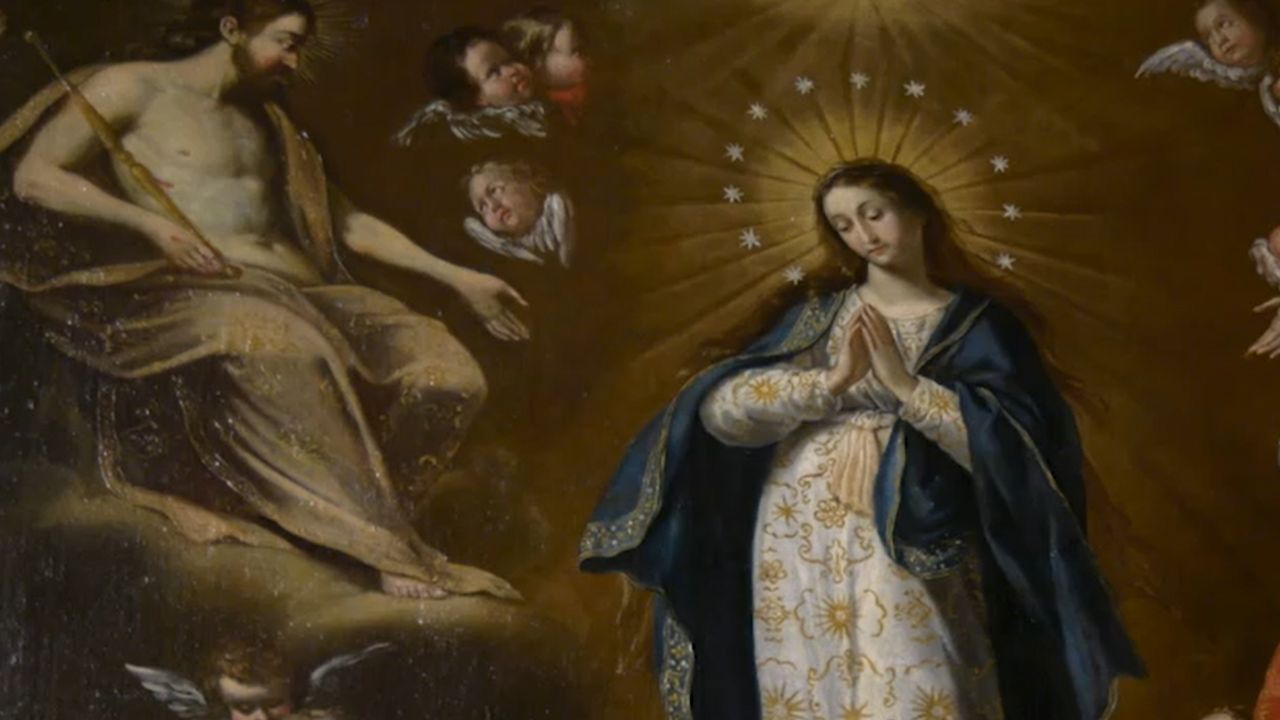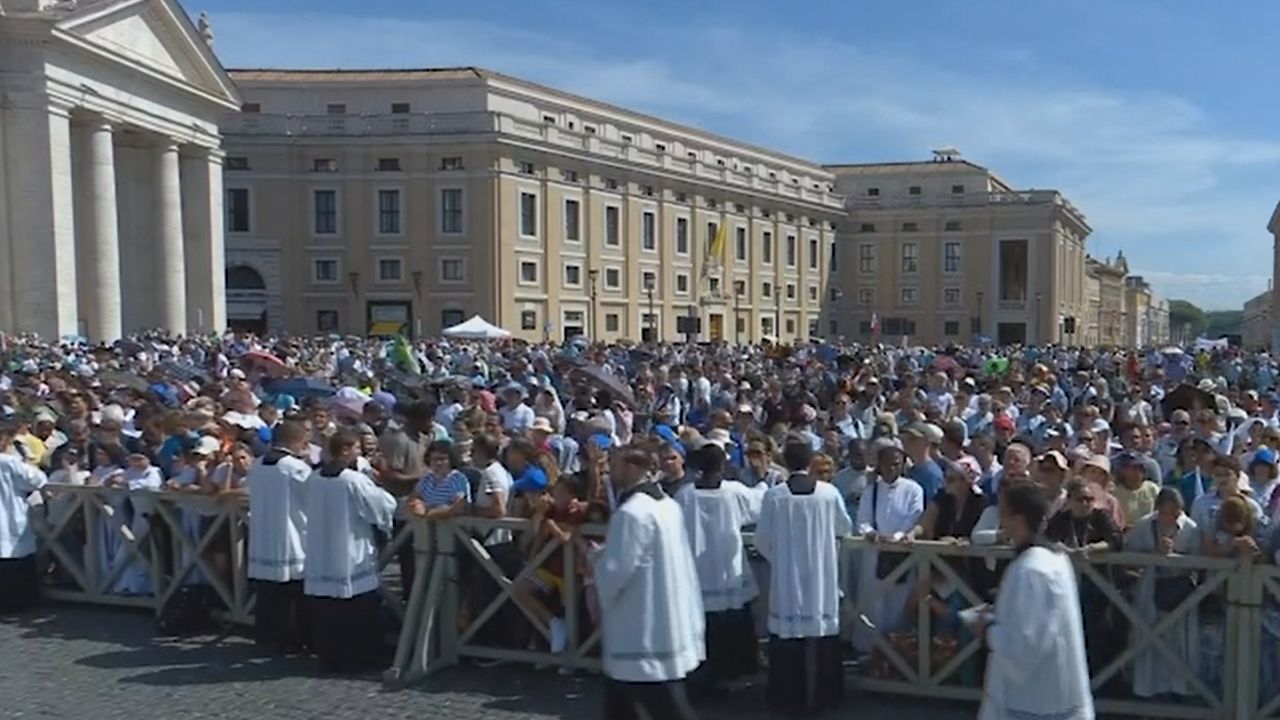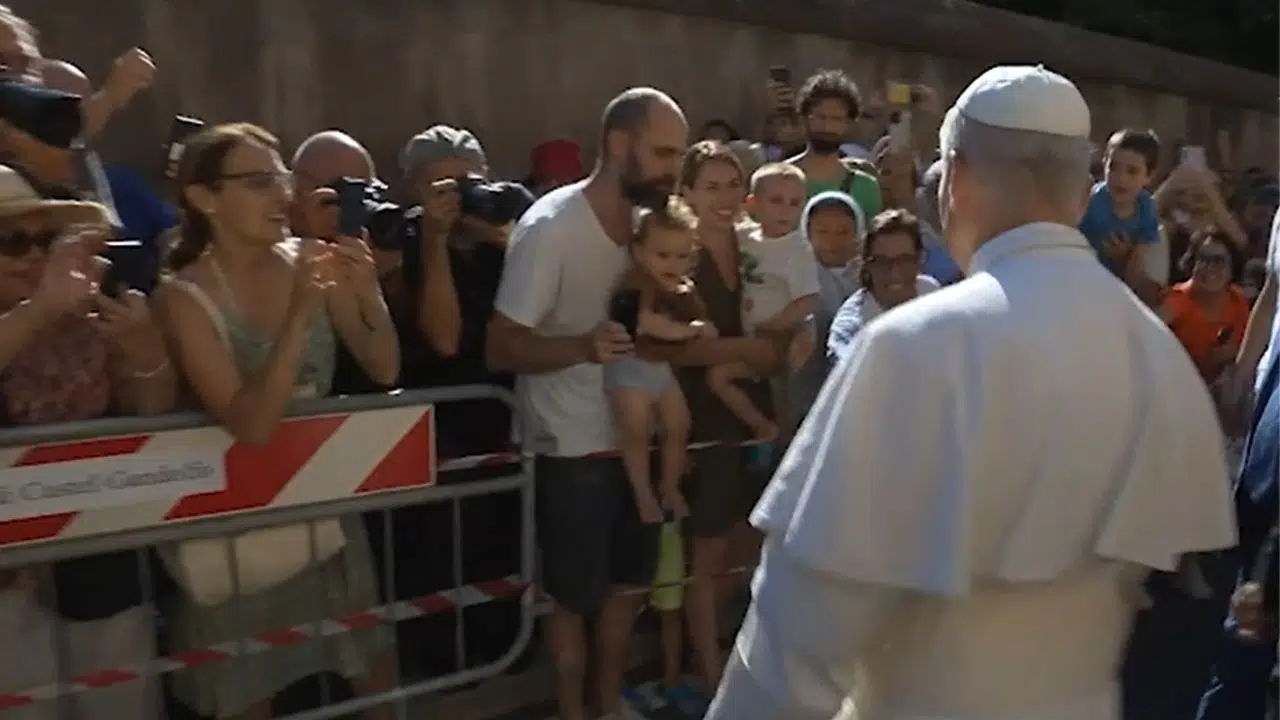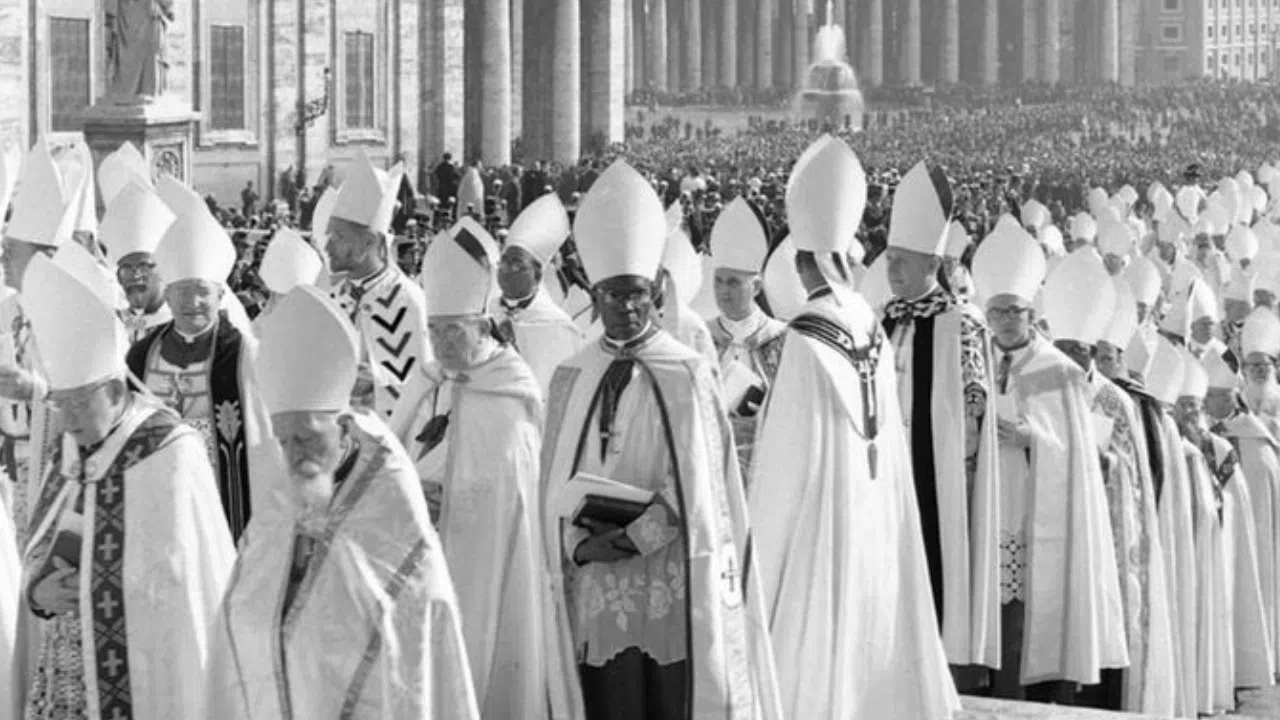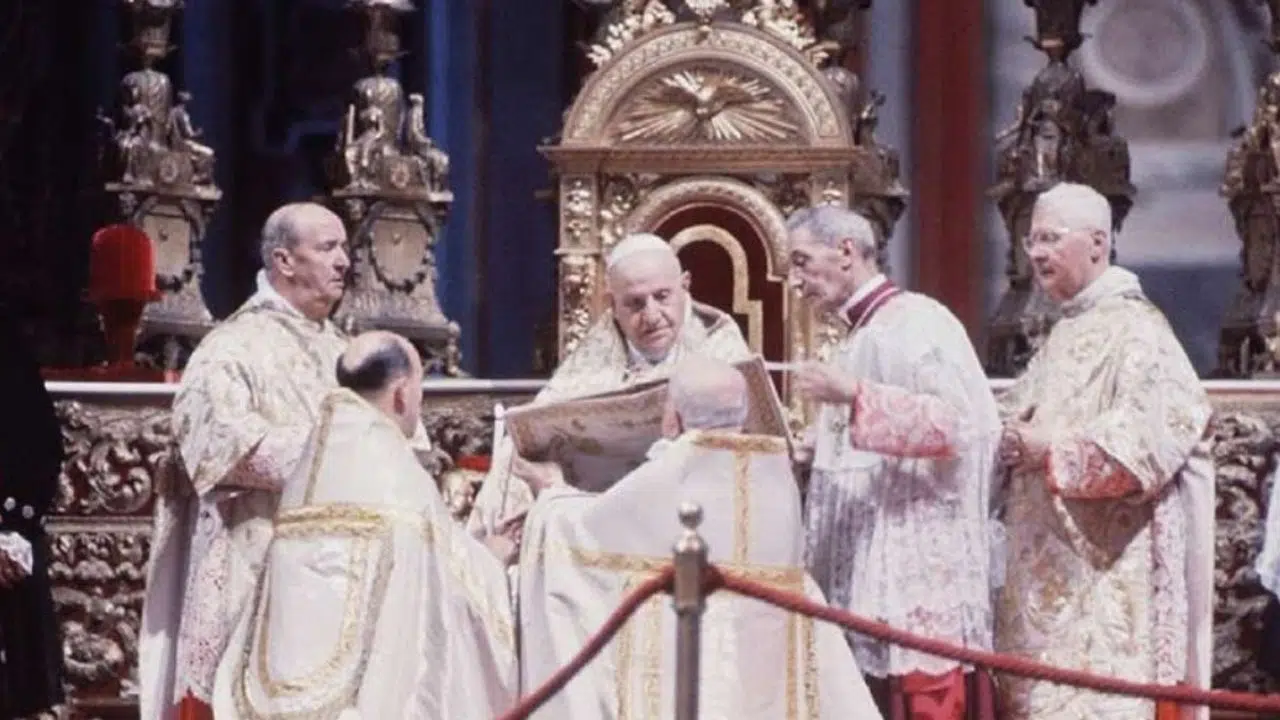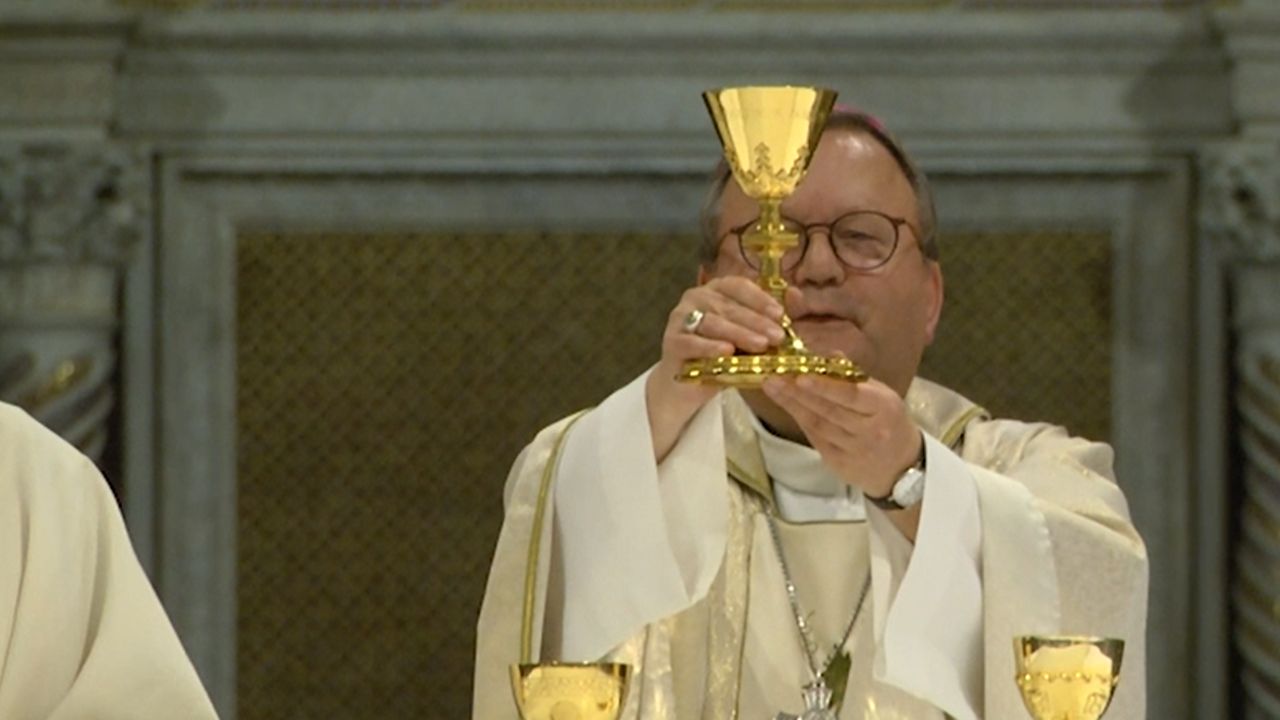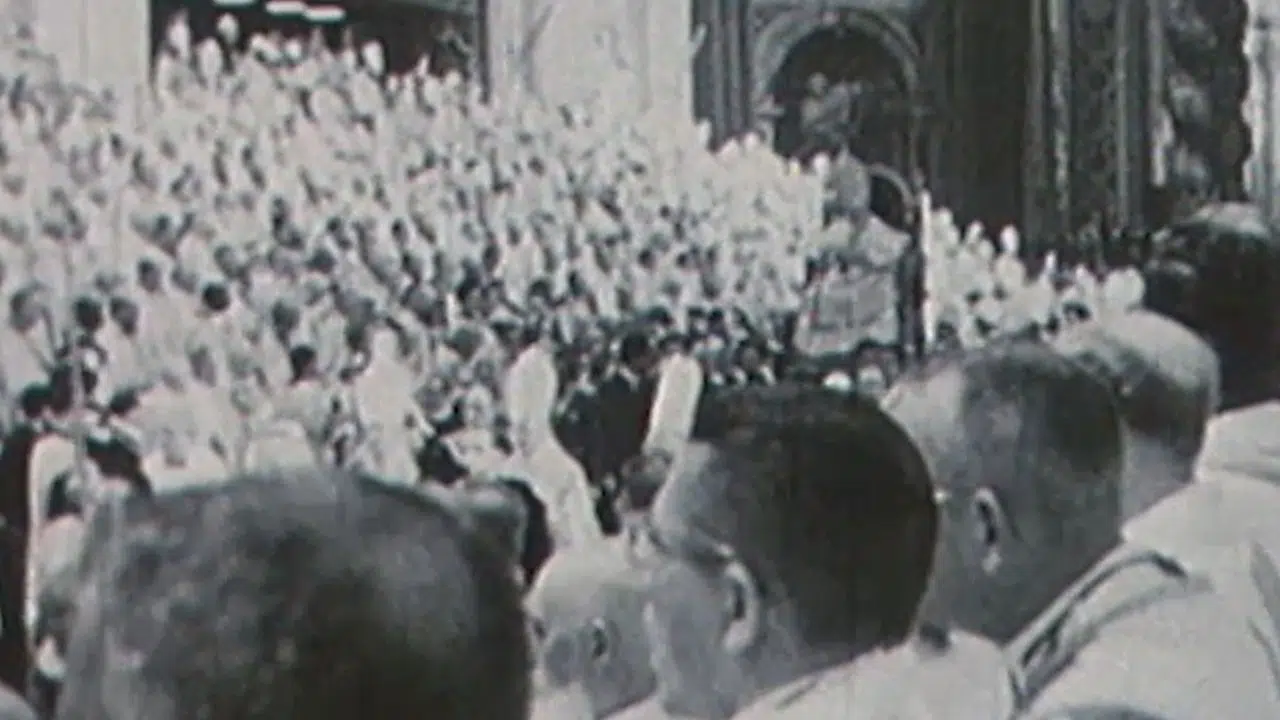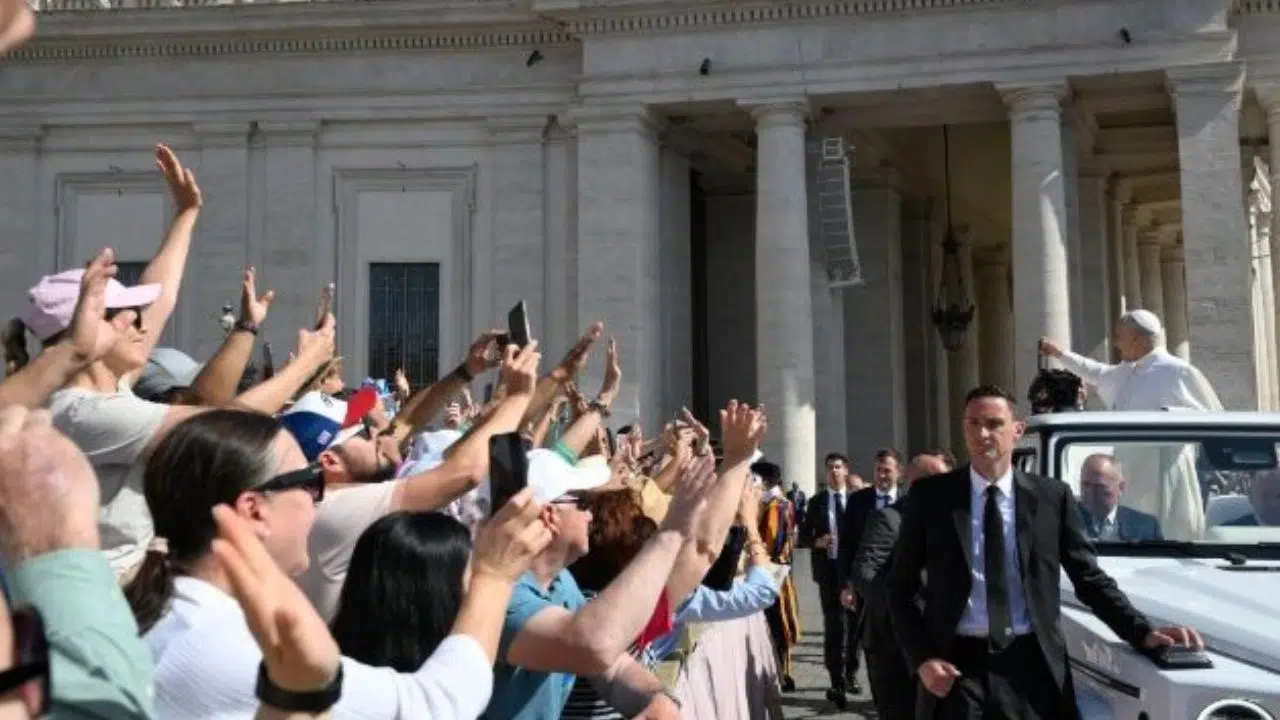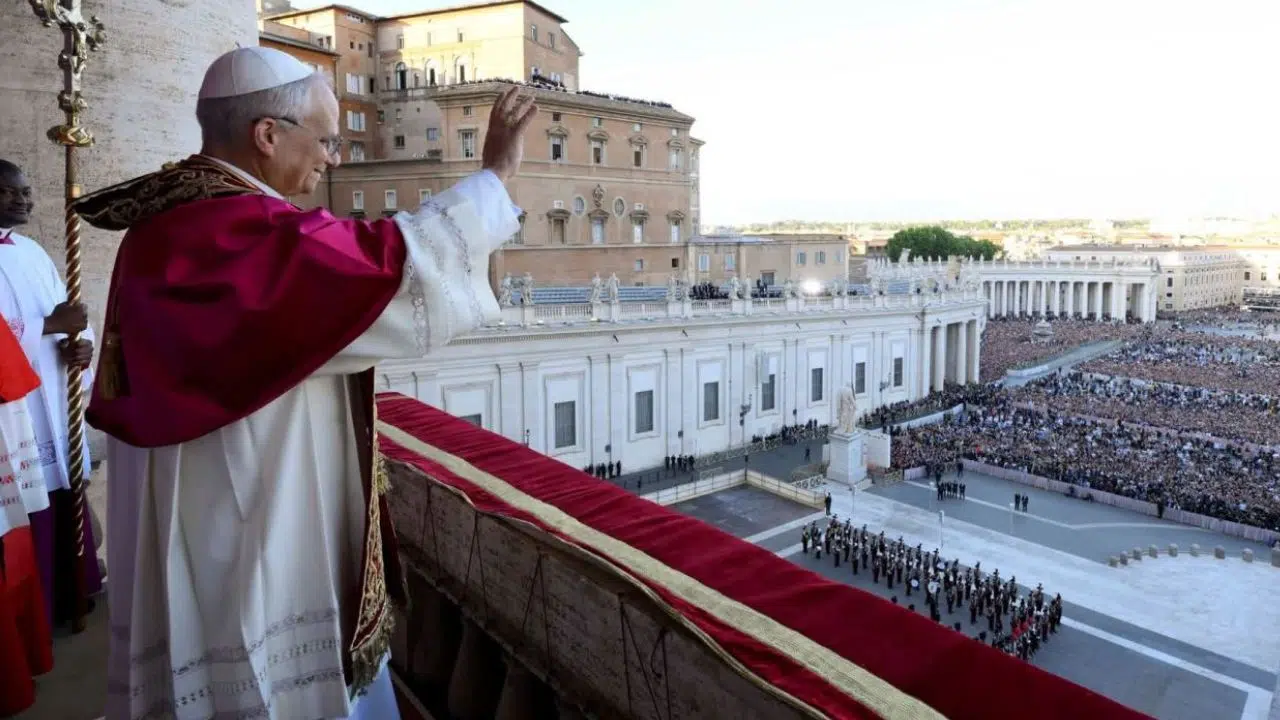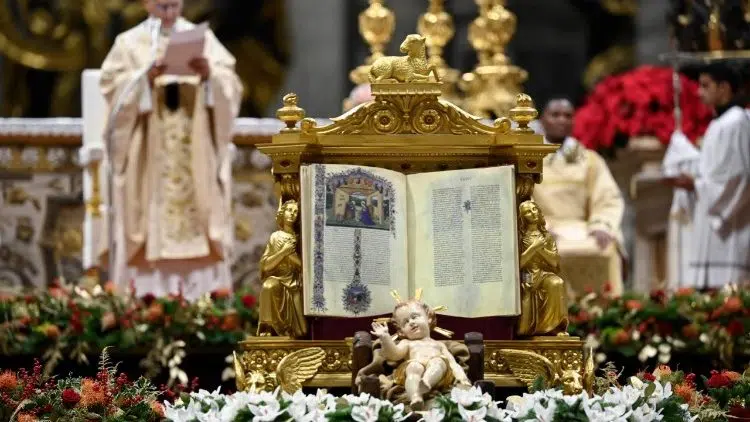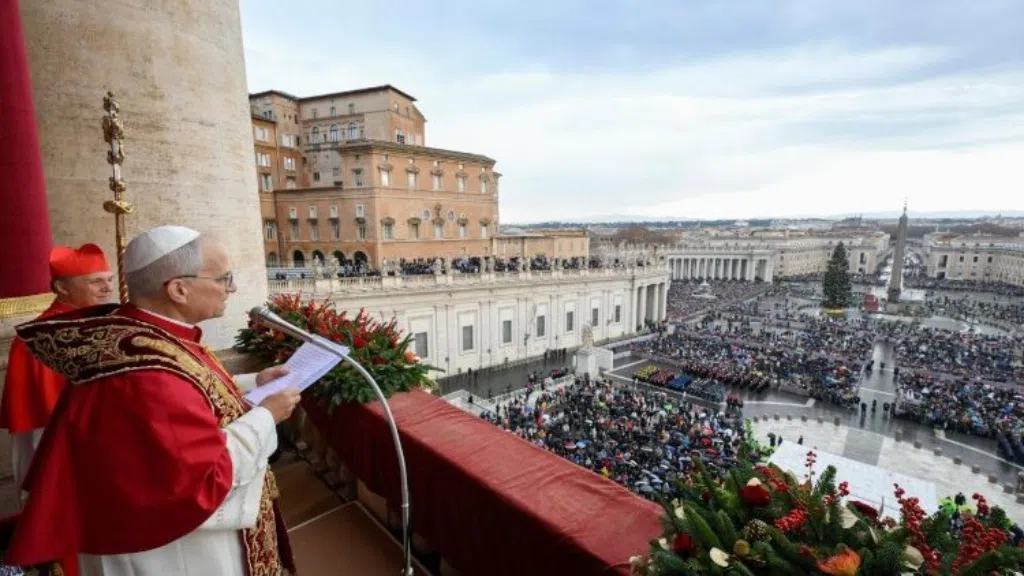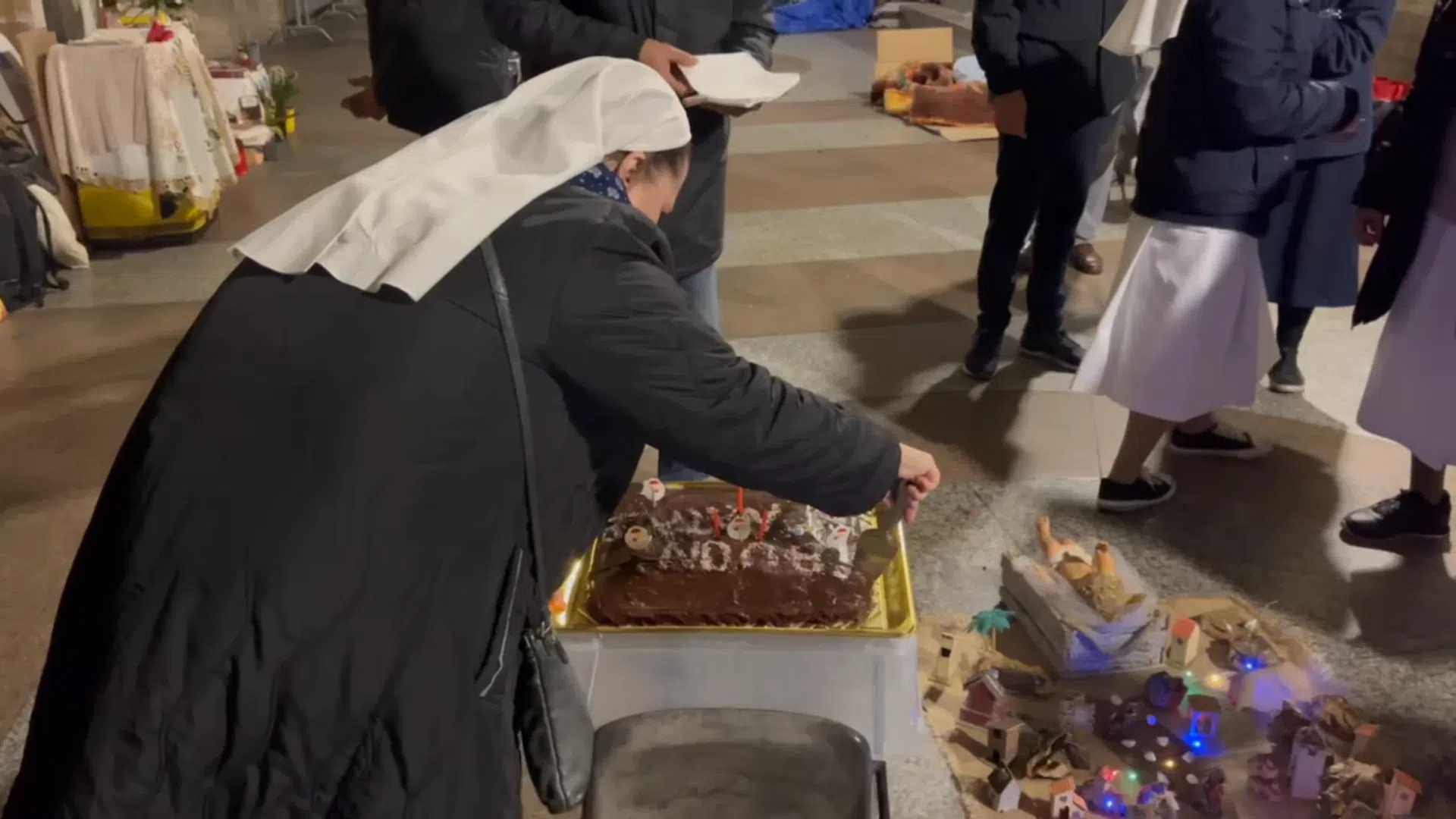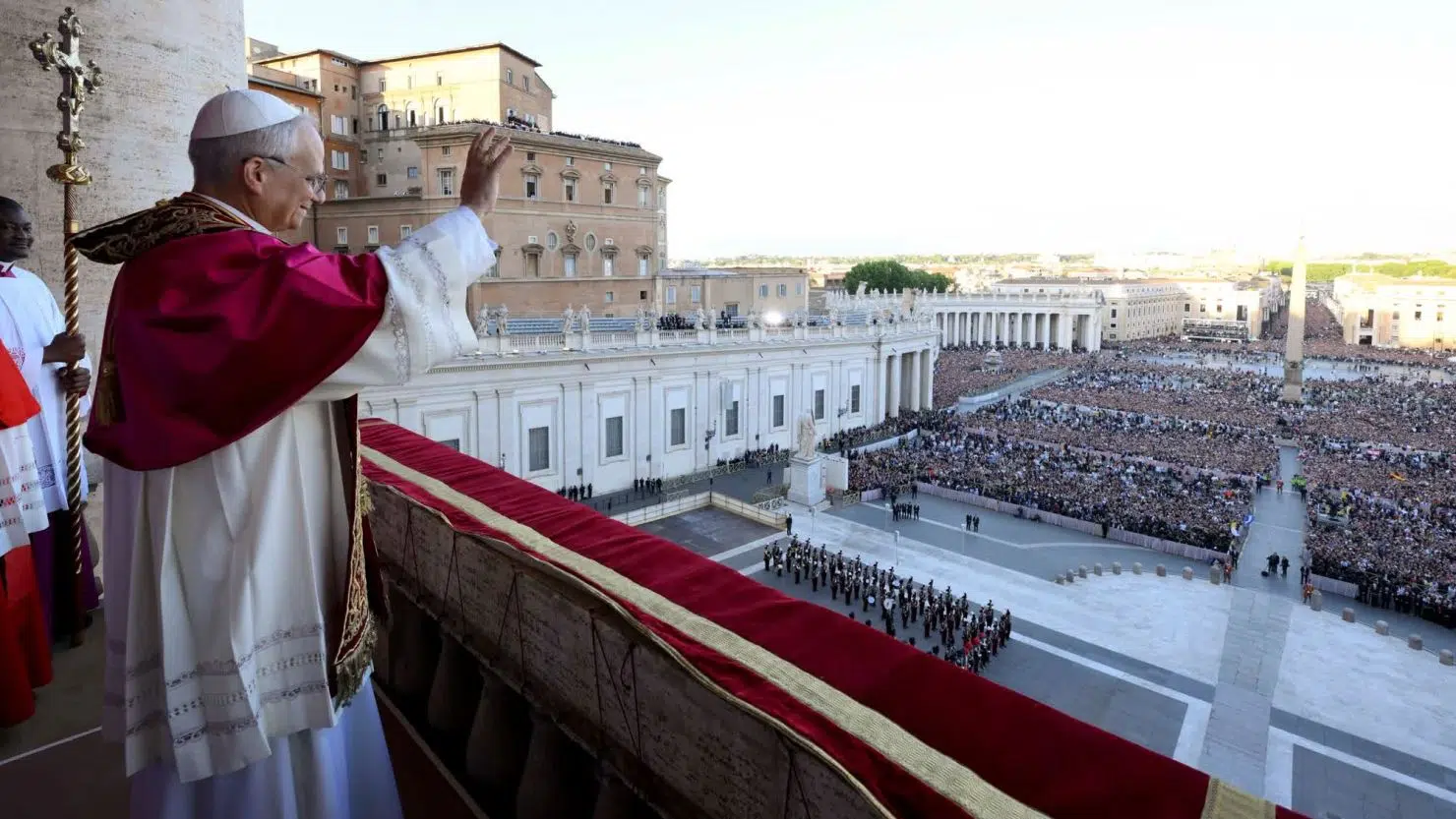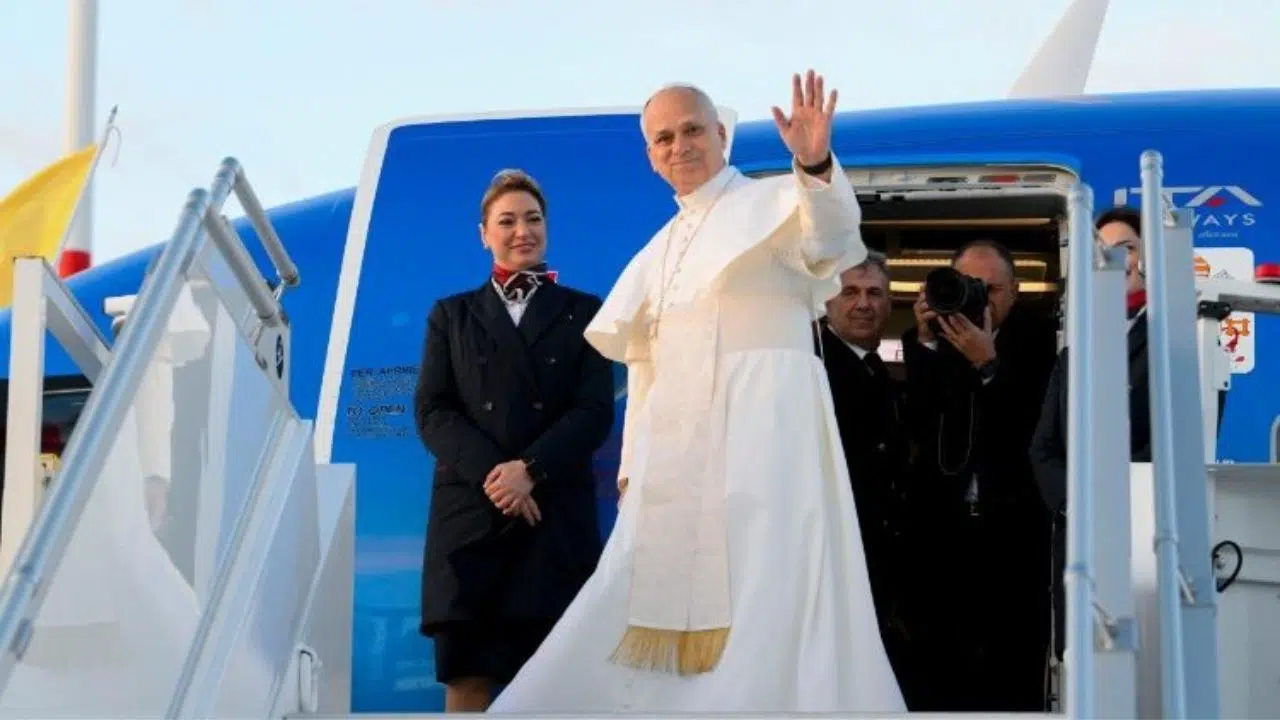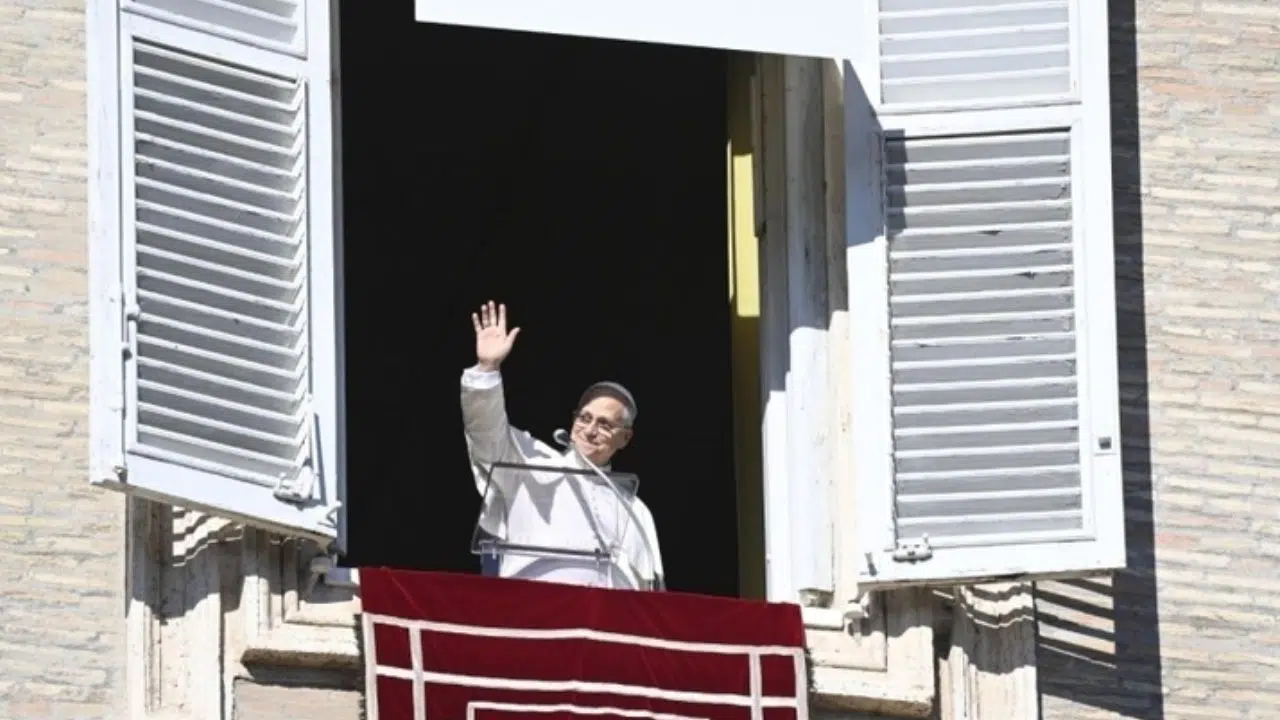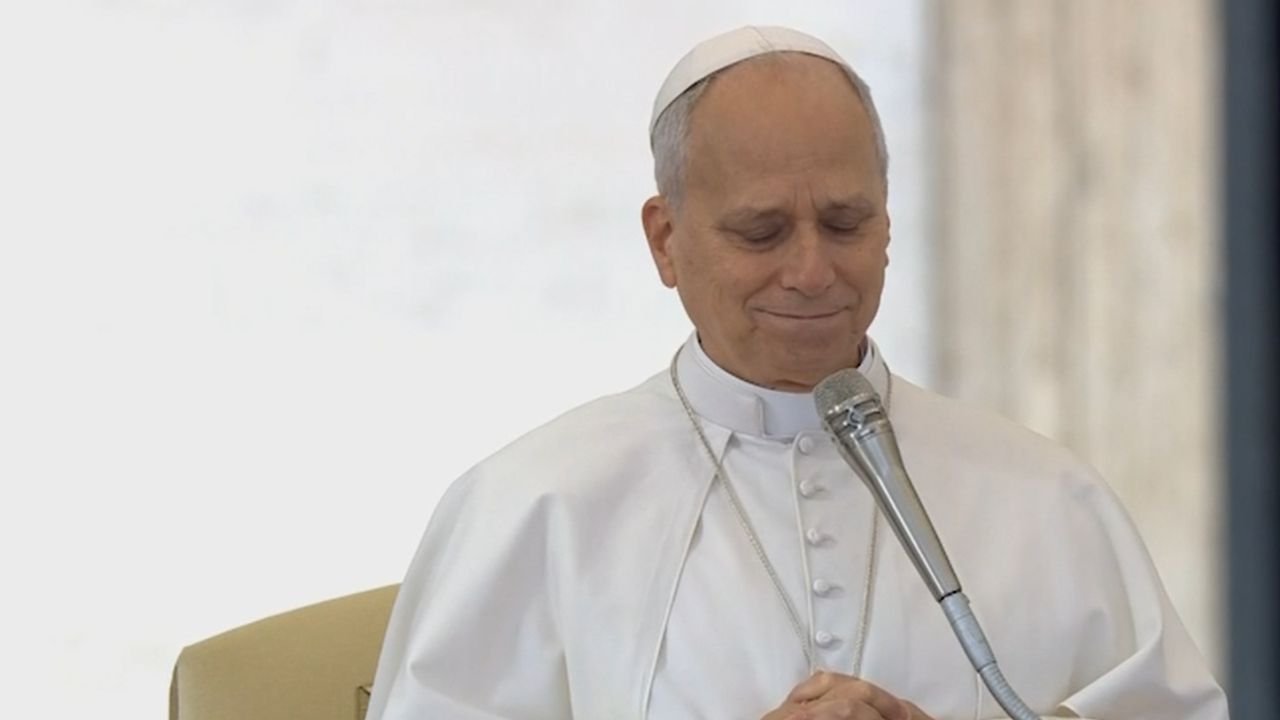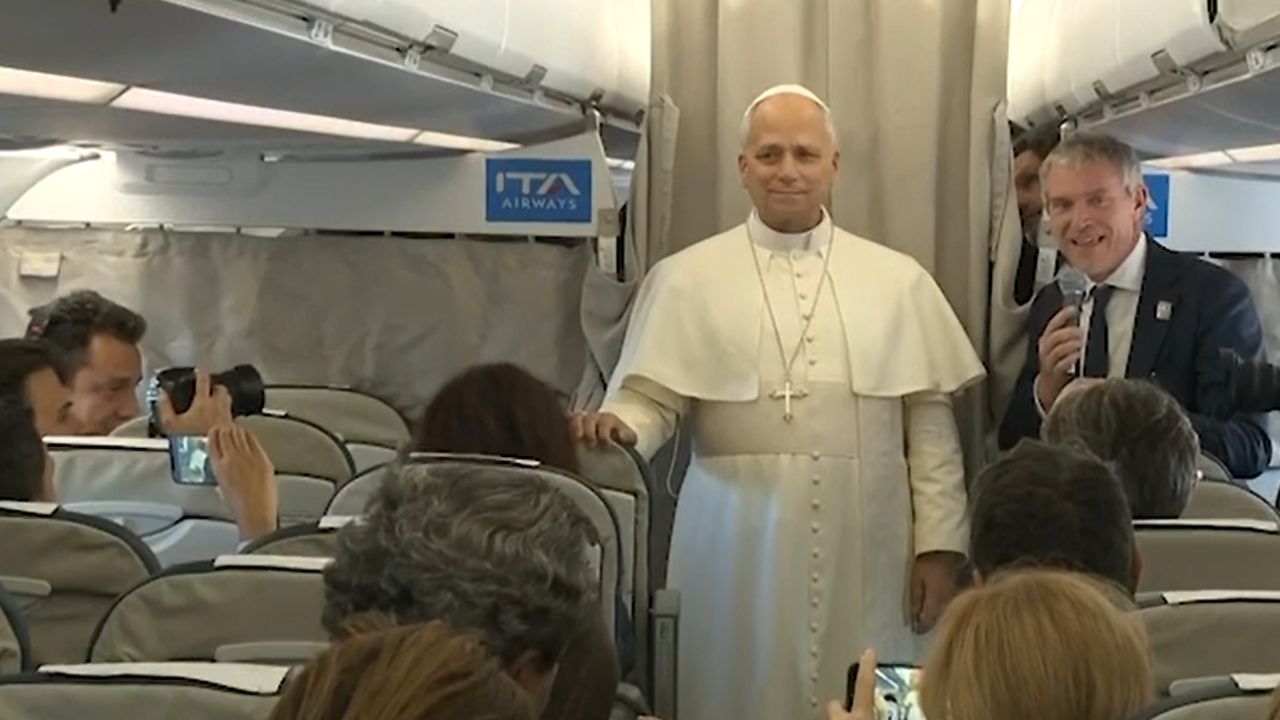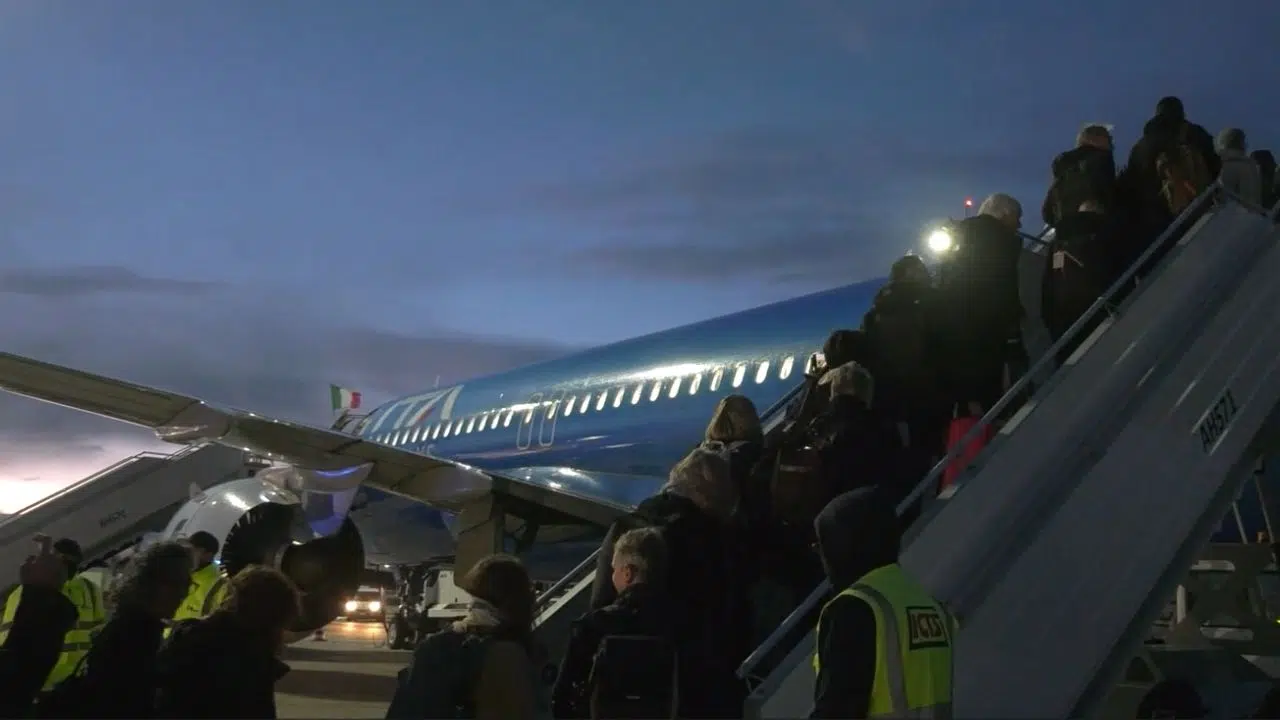“Synodaler Weg”, in German, can be translated as both “synodal way” or “synodal path”.
It was launched in 2019 as an attempt to restore trust in the Church in Germany following revelations of clergy abuse scandals. Its intention is to contribute to the universal Synod on Synodality by openly discussing what it has identified as some of the most pressing issues facing the Church today: sexual morality, the priesthood, issues of power, and the role of women.
But not everyone is happy about how that discussion is panning out.
In February, the German Synodal Path discussed, but did not formally adopt, a series of proposals that include accepting homosexual candidates to the priesthood, and blessing same-sex couples – something already practiced by several parish priests in Germany.
The Assembly also considered motions to modify the rule of mandatory celibacy for Latin-rite priests and the ordination of women as deacons.
Another measure, already approved, has both theological and practical consequences. For Catholics, scripture, tradition and the magisterium have always been considered sources of Revelation. The German Synodal Way has introduced three more: theological science, the signs of the times and the sentiments of the People of God.
In a 2019 letter to German Catholics, Pope Francis emphasized that synodality is a process that must be guided by the Holy Spirit with patience. It cannot be, as he wrote, a“search for immediate results that generate quick and immediate consequences.”
Similar reflections were included in a recent Vatican statement that reads as follows:
“The 'Synodal Path' in Germany does not have the faculty to oblige bishops and the faithful to assume new forms of governance and new approaches to doctrine and morals. It would not be lawful to initiate in the dioceses, prior to an agreed understanding at the level of the universal Church, new official structures or doctrines, which would represent a wound to ecclesial communion and a threat to the unity of the Church.'
Representatives of the Synodal Path in Germany reacted to the Vatican statement with irritation. Some called it a “slap in the face”, others a “stop sign from Rome”.
In reality, it is neither. All it does is repeat verbatim extracts from Pope Francis' 2019 letter: “If local churches separate from the whole,” he wrote, “they become debilitated, rot and die. Hence the need to keep communion with the whole body of the Church always alive and effective.”
These are strong words. They are echoed by one of Pope Francis' most trusted advisors, German Cardinal Walter Kasper. In reference to the German Synodal Way, he writes.
'Renewal does not mean trying something new at every moment and reinventing the Church. Renewal means... to receive a new heart'.
Even defenders of the Synodal Way in Germany admit there's a clear disconnect between the two processes: that of the local German Synodal Path, and the Synodal process at the level of the universal Church. It's still not clear how the two interface and connect. Or how they can proceed together towards a common aim and purpose – one that the recent Vatican statement spells out clearly:
“It is hoped that the proposals of the Path of the particular churches in Germany will flow into the synodal path being taken by the Universal Church, for mutual enrishment and a witness to that unity by which the body of the Church manifests its fidelity to Christ the Lord.”
If, and when, the German Synodal Way comes to that same conclusion, there may be no need to be worried after all.
